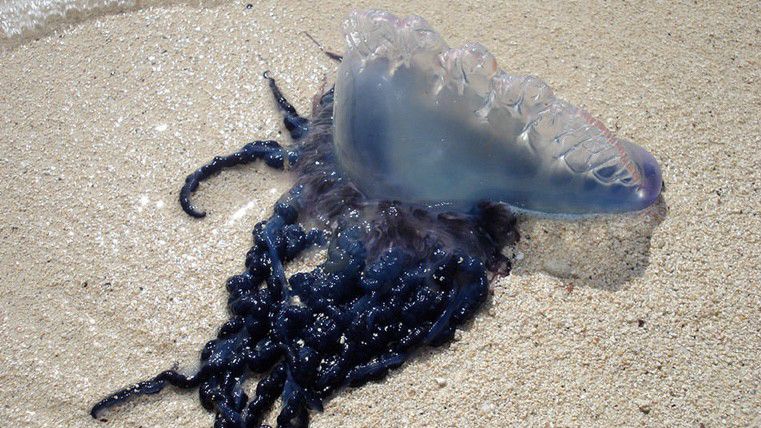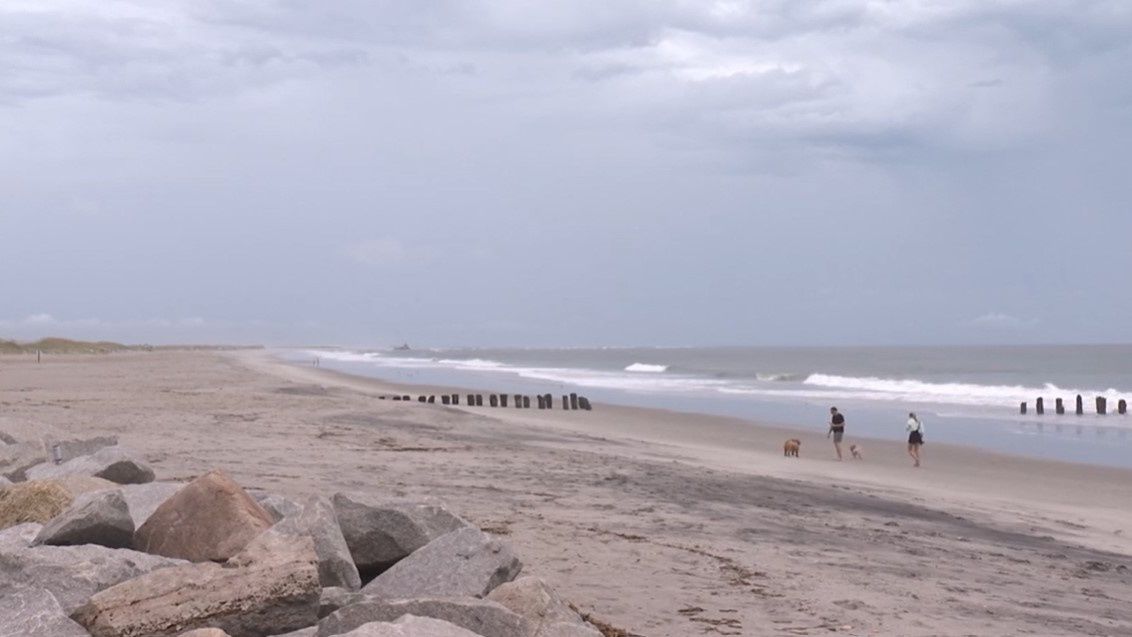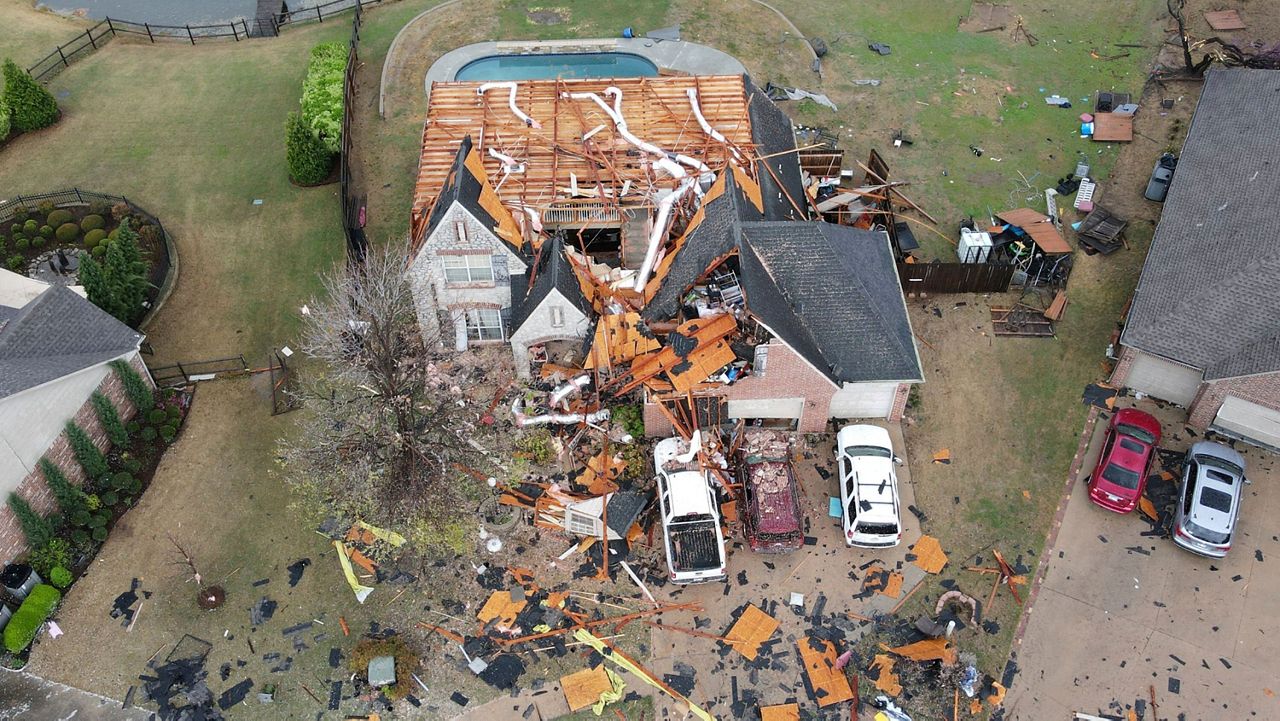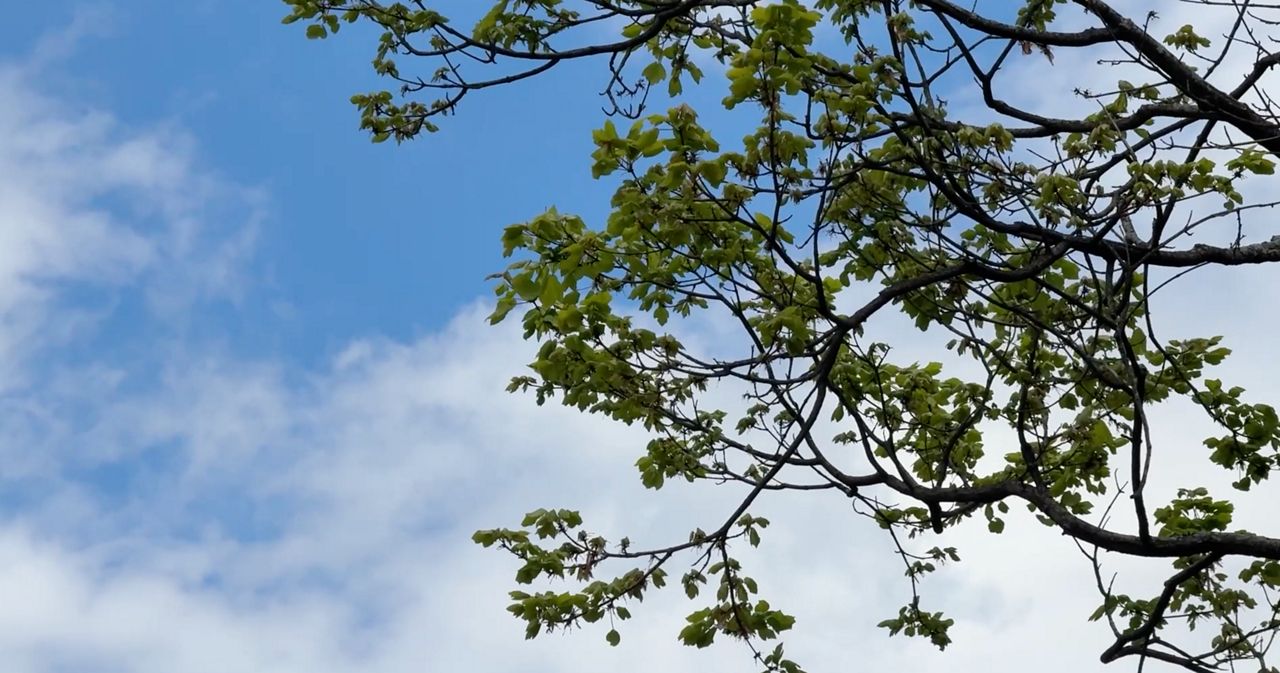NEW BERN, N.C. — Plastic pollution is a big problem in North Carolina, but trash collectors are being installed in waterways all across the state.
Riverkeepers and scientists are installing trash collectors in waterways all across the state
They collect even more trash during heavy rains
Volunteers clear out the trash when the collectors get too full
Scientists say education and public awareness are key
The collectors are clearly doing their job and proving just how much trash flows down the river.
Katy Hunt is a staff scientist with Sound Rivers, a nonprofit organization that protects the health of the Neuse and Tar-Pamlico river basins. Hunt is one of the many North Carolina scientists determined to help prevent plastic pollution.
The past few days of rain on the coast have washed a lot of trash into the river. However, thanks to one of New Bern's newest projects, the Trash Trout, riverkeepers and scientists are able to keep more plastic out of the water.
A team of volunteers in New Bern cleared one out in Duffyfield Canal on Friday, but the amount of trash that gathered over the weekend had almost doubled. Hunt and the volunteers scoop the trash out of the Trash Trout with nets and dump their haul so they don't take away any organic debris.
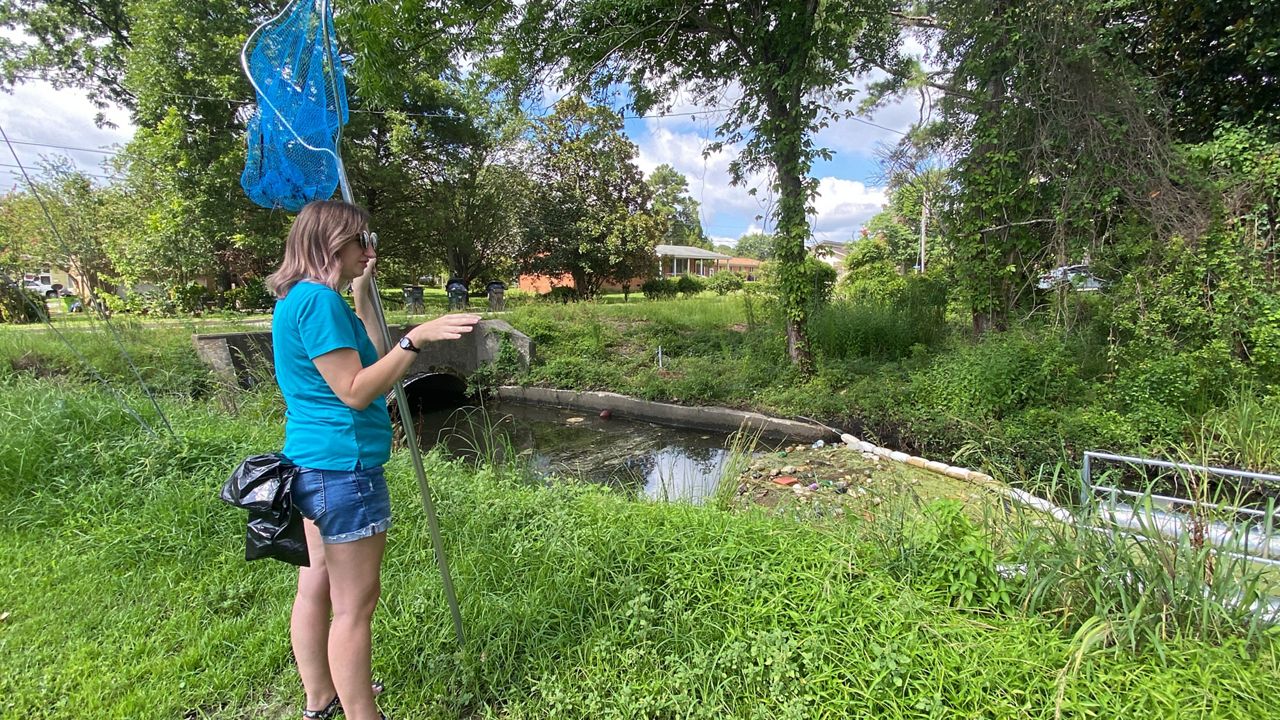
Hunt says the trash that's left is 100% human influence and is preventable. The collectors are doing their job of stopping all this plastic from reaching the ocean.
“It's definitely a double-edged sword,” Hunt said. “It's like, all right, it's working. We're removing trash. But on the other side it's like there's so much trash in here I wish we could prevent the trash from getting here in the first place.”
Hunt and the riverkeepers are working on a study measuring micro and macro plastics in the water. They are constantly learning more about how the pollution affects the environment.
Another huge part of the program is education.
“People don't care. And sometimes it's because people don't know,” Hunt said. “That's why we do as much education as we can for projects like this. Because it's really hard to see something like this and not care.”
Each river basin in North Carolina is getting at least one Trash Trout. Volunteers count and sort the trash they collect to understand more about its impact on the river.
“Even if you throw a piece of trash out the window, and you're not anywhere near a creek,” Hunt said. “It will eventually find its way to a storm drain or creek because these storm drains, they drain directly to the river.”
Hunt encourages everyone to pick up their trash so the Trash Trout doesn't have to do it later. She also says they're always looking for volunteers to help clean, sort and count the trash in the collectors.







